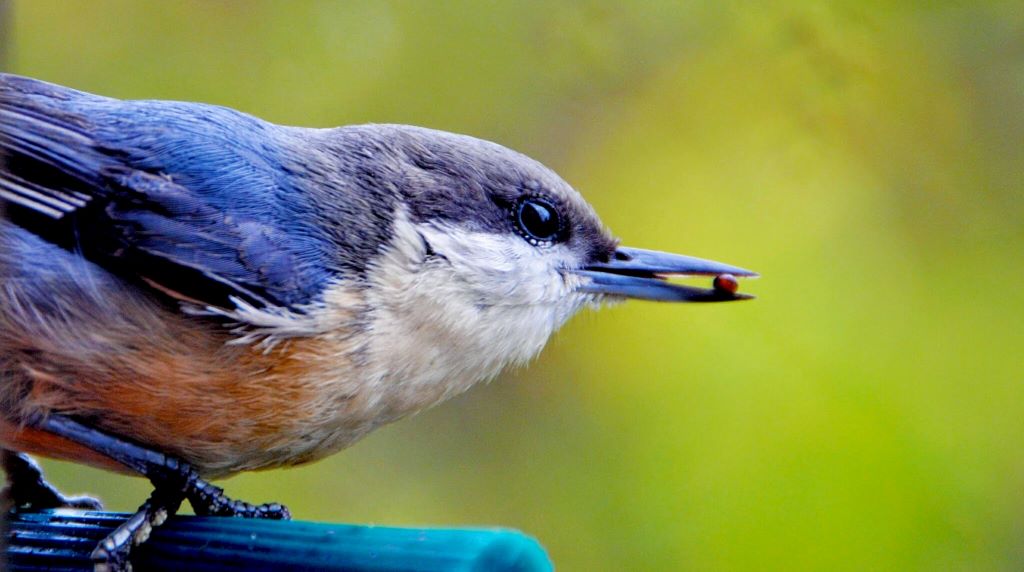Keeping your birdseed fresh through proper storage is important for both you and your backyard birds. Like any food, birdseed can spoil or grow moldy if it’s not stored correctly. Spoiled birdseed not only contributes to the spread of bird disease, but it exposes you and your family to harmful organisms that make people sick. In this post, we’ll discuss how long birdseed stays fresh with proper storage, how to check for bad seed, and how to store your birdseed so it lasts longer.
How Long Does Birdseed Last?
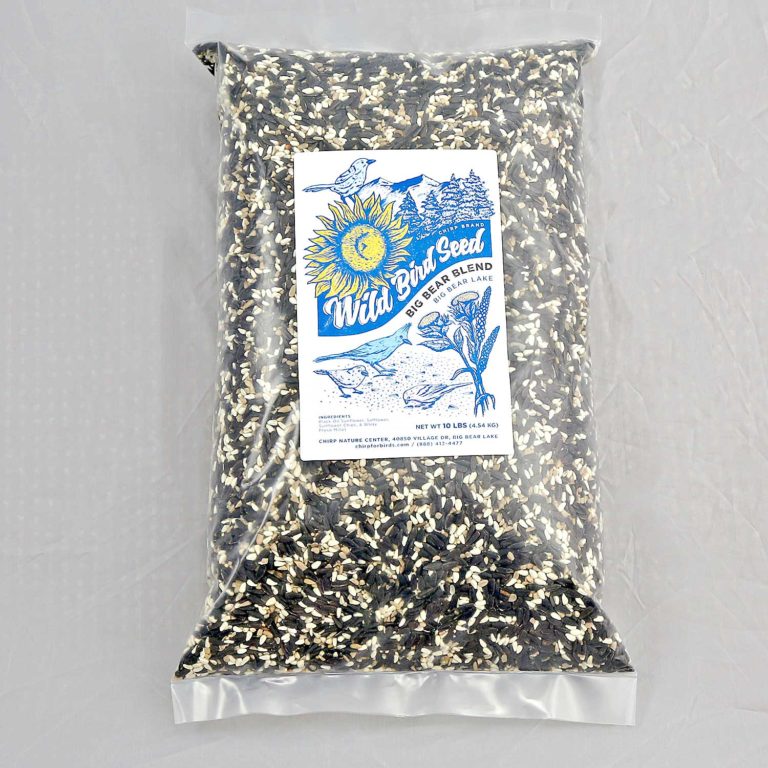
Stored properly, birdseed stays fresh for 6-12 months, and sometimes longer. A longer timeframe hinges on the seed being protected from extreme heat and from moisture, which causes mold and mildew to grow.
What are Some Signs Your Birdseed is Bad?
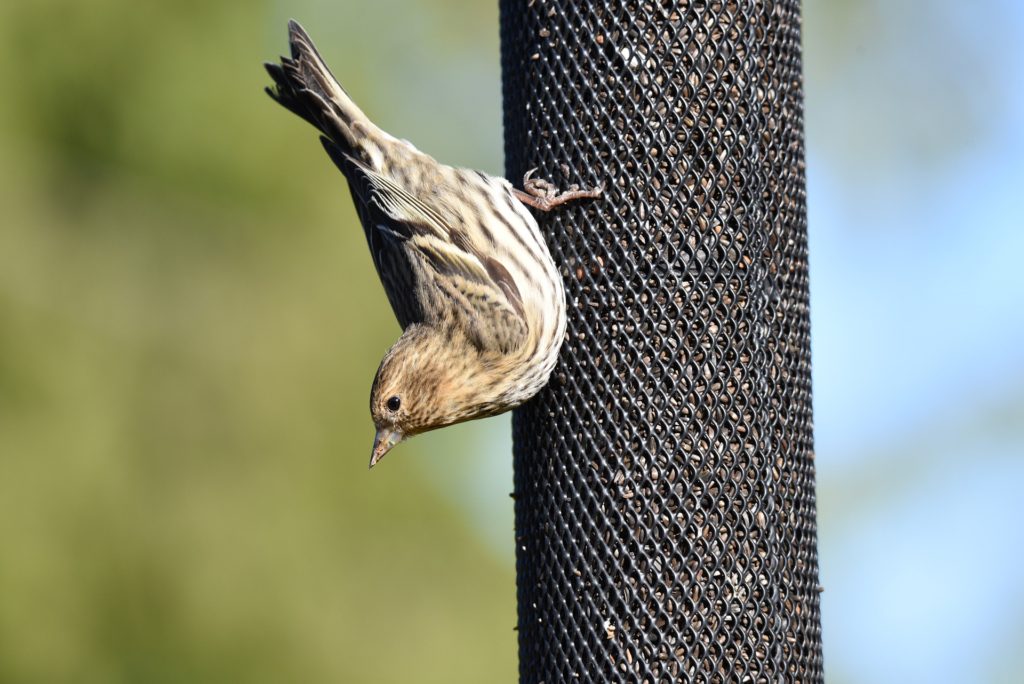
One of the biggest indicators that you have “bad seed,” or seed that has spoiled, is if the birds won’t eat it. Have the birds stopped visiting your feeders? Does your seed have a damp or musty odor? When filling your feeder, is your seed mix damp to the touch or clumpy? All are signs that your seed has turned. Other things to look for are sprouting seeds, visible mold, and live or dead insects mixed in the seed. If you see one or more of these signs, dump that seed mix immediately. Spoiled seed can be harmful, even fatal to your local birds.
How to Properly Store Birdseed
Buy high-quality seed
Quality birdseed and mixes sourced from local distributors means less time sitting on the shelf. And buying better birdseed from trusted sources means they’re more likely to store the seed properly so that it stays fresher, longer. Here at the Chirp Nature Center, we pride ourselves on offering nothing but high-quality seed and seed mixes from local vendors. Not only is better seed healthier for birds, but it also reduces spillage, meaning less mess under your feeders to attract rats and other pests.
Use the right container
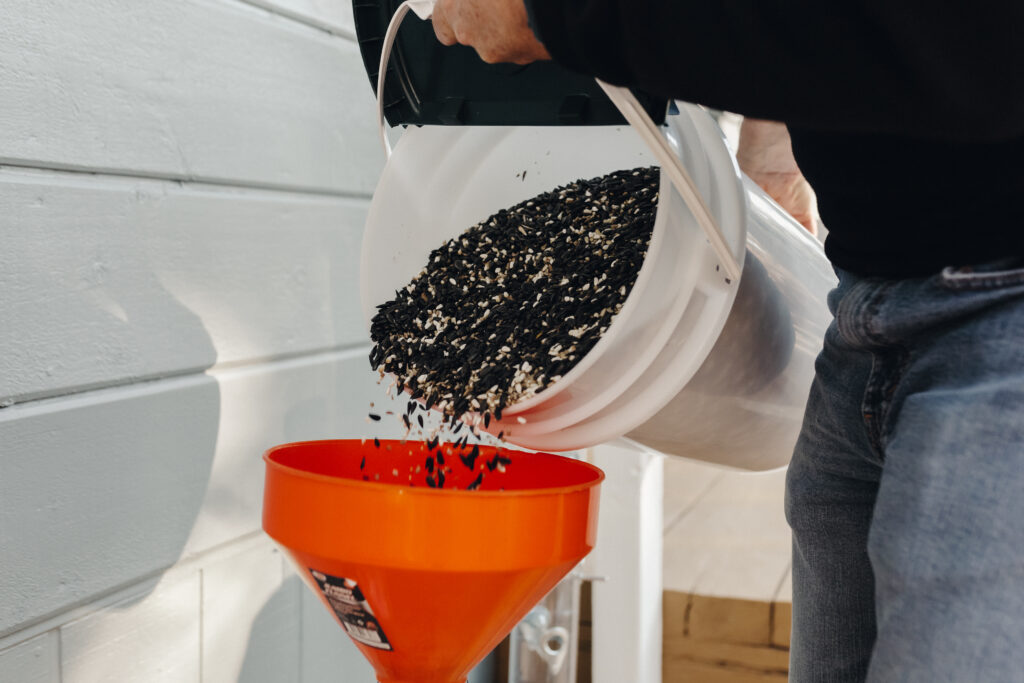
Ideally, you want to look for a container with a lid. The size depends on how much seed you’re storing; you can use a small container or even a larger storage bucket, like the one available with a free Chirp Seed Club membership.
Whatever the container size, you’ll want to make sure your containers (if you’re using more than one to store different seed mixes) have lids that seal tightly so that moisture and insects can’t get in. Watertight lids are the best choice, but a securely fixed lid works well too.
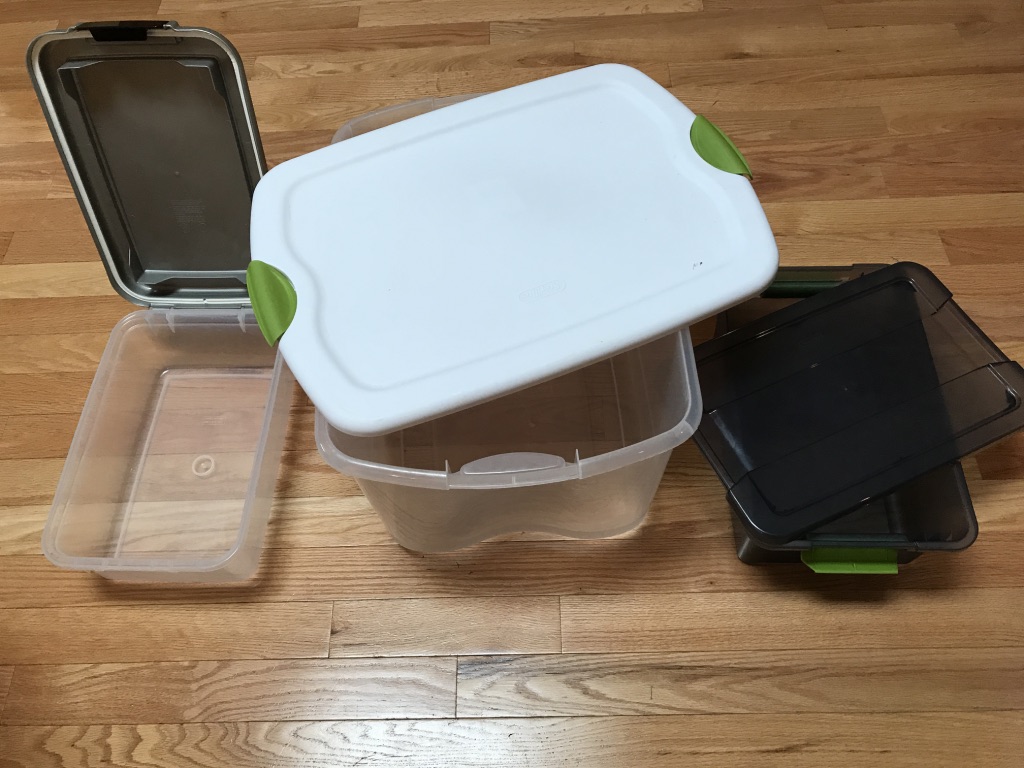
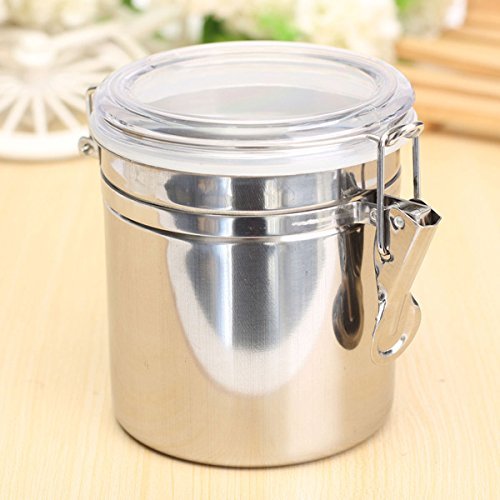
The material of the storage container is also important, especially if you plan to store your seed outside (more on this later). Thick plastic and metal are both sturdy choices, as they will prevent inclement weather and gnawing rodents from getting inside.
Pick the right storage place
There are a few things to consider when deciding where you’ll store your birdseed. First, it should be conveniently located so that filling your feeders is easy. For this reason, many people choose to store their seed in a container out in their garden, patio, or backyard. If you have a garage or shed close by, that’s a better choice. Though its preferable to store birdseed indoors, it can also stay fresh outdoors with the right planning.
When storing your birdseed outdoors, its best to find a covered spot, so the container is protected from the elements. Again, a secured or watertight lid will keep the pests at bay. If you live in an area with a lot of squirrels, raccoons, or even bears, you’ll want to take extra precautions. We suggest securing the birdseed container with rope, or placing one or more heavy objects on top of it to prevent it from being easily capsized.
Regularly check for seed freshness
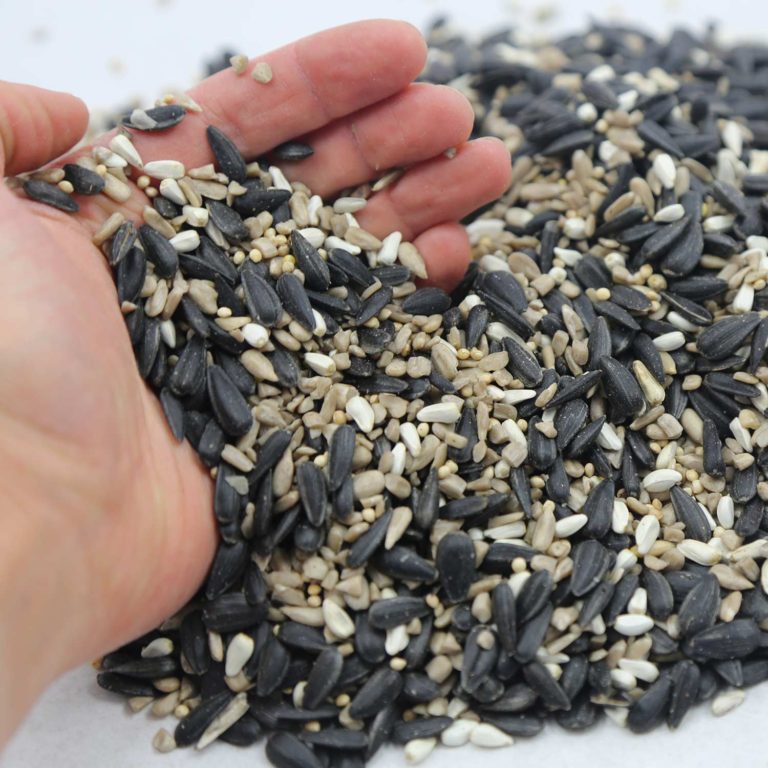
It’s good to get into the habit of checking your seed regularly for spoilage. Every time you go to refill your feeders, do a quick visual check, looking for the telltale signs and smells that your seed has gone off. Again, check for signs of insects or larvae, rodent droppings, wet or clumped seed, sprouted seeds, and musty or unpleasant odors. If your seed has spoiled, throw it out immediately and wash your storage container thoroughly with hot water and soap. Then dry it well before refilling with fresh seed.
Are You a Big Bear Local? Join Our Seed Club—Free!
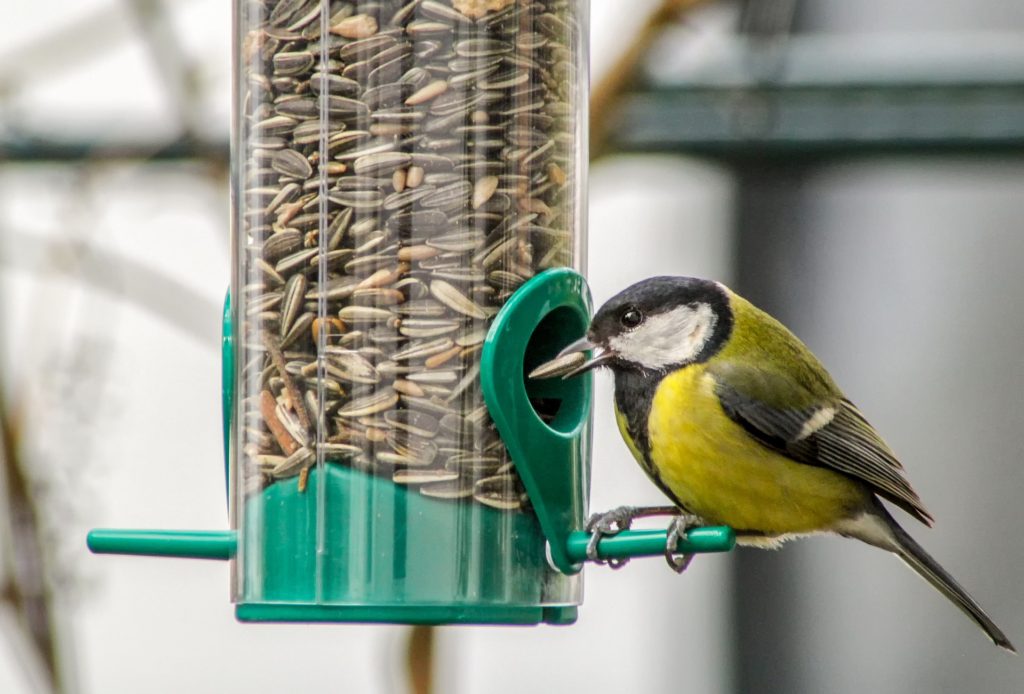
Sign up for volume seed discounts, reusable seed buckets, and more when you join the Chirp Seed Club. It’s free to join, and we’ll make sure your feeders stay full with premium bird seed mixes (including our proprietary Big Bear Blend). Help us feed and support our local birds!

